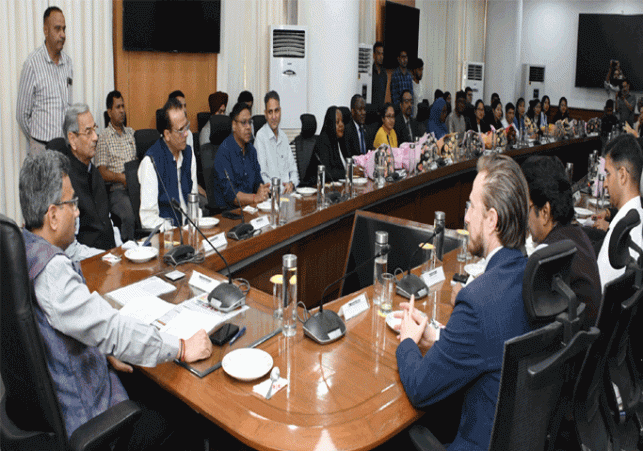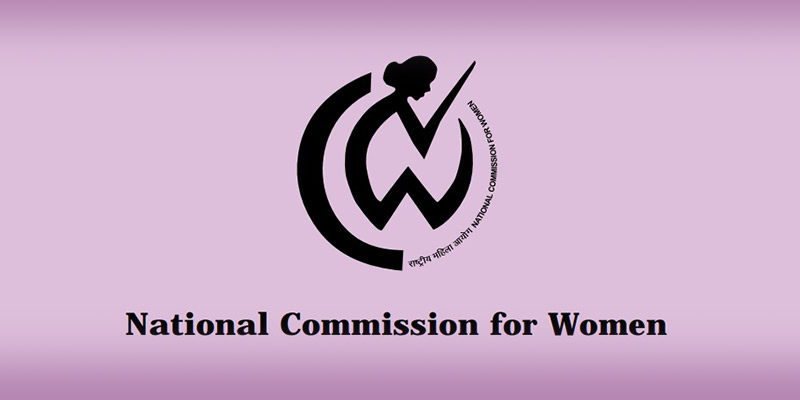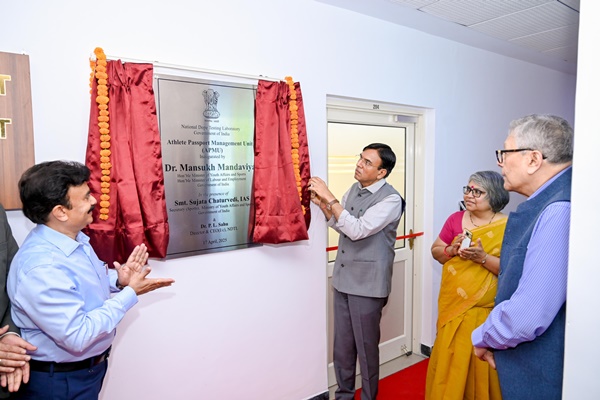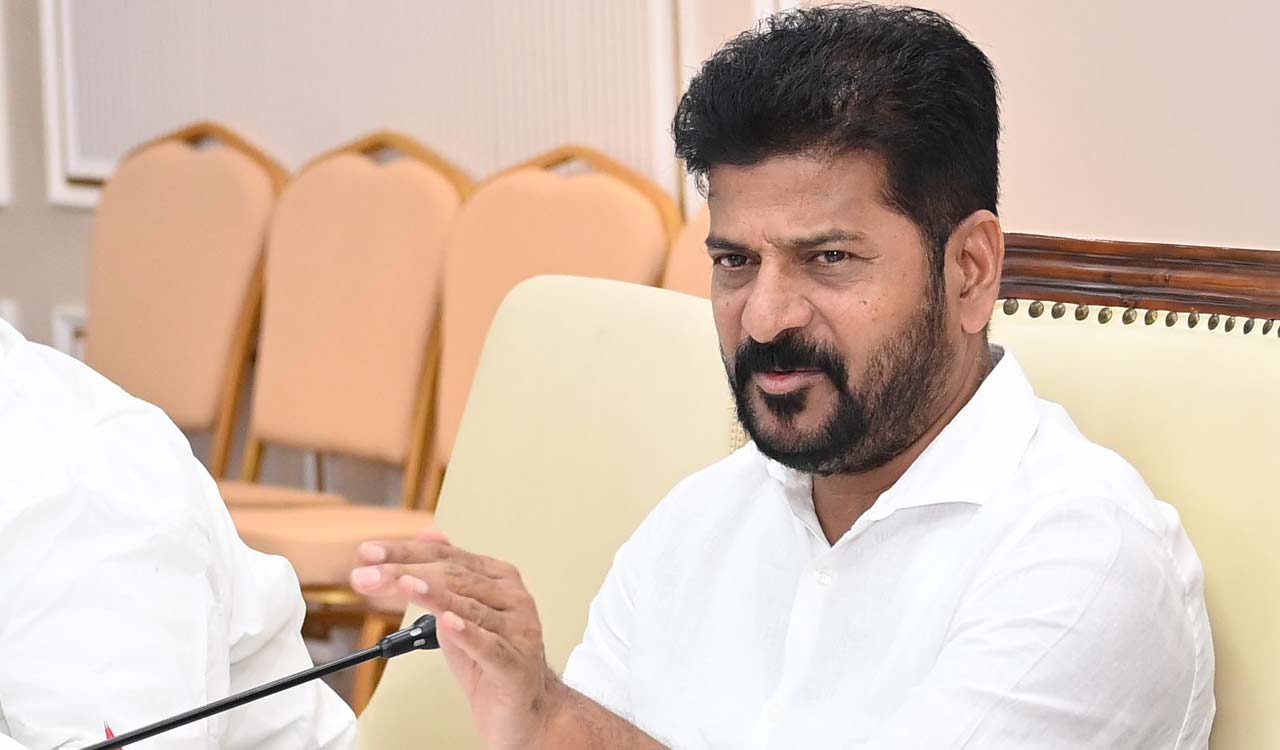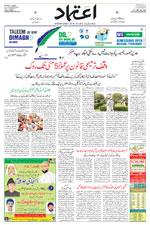Securing rights of Palestinians Saudi Arabia’s mission: Envoy
Sat 29 Oct 2016, 16:52:10

UNITED NATIONS: Saudi Arabia said that the Palestinian file remains its top priority, and that the Kingdom will always support Palestinian rights.
The remarks were made in the Kingdom’s speech delivered by the first secretary of the Kingdom’s permanent delegation to the UN, Abdullah Al-Otaibi, in New York on Thursday before the Second Committee at its 71st session on item 65 (permanent sovereignty of the Palestinian people in the Occupied Palestinian Territory, including East Jerusalem, and the Arab population in the occupied Syrian Golan over their natural resources).
Al-Otaibi said reports of the UN from various committees indicate a large number of clear violations committed by the Israeli occupation via its hostile policies toward the Palestinian people, such as the establishment of the apartheid wall, continuous settlement building, and use of excessive force.
He said the occupation continues to demolish homes and wash away agricultural land, while the adoption of policies in the occupied Palestinian territories restricts the movement of Palestinians to gain access to health, education, employment, markets, natural resources and services. He referred to the suffocating economic blockade on the movement of goods and people, as well as Palestinian humanitarian agencies, particularly in the Gaza Strip.
The siege, said Al-Otaibi, has led to high unemployment and decline in production, low wages, a growing poverty rate, lower living standards, food insecurity, and rising debt, despite the reforms undertaken by the Palestinian Authority. He stressed that the Saudi position since the start of the Israeli occupation was, and remains in support of the rights of the Palestinian people, including their right to self-determination, and the establishment of a fully sovereign independent state with Jerusalem as its capital.
“We reaffirm that Al-Haram Al-Qudsi, including its mosque, courtyards, endowments, walls, and doors, is of sincere Palestinian Arab Islamic ownership, and any use of biblical names for these places is representative of the forged historical
narrative by the Israeli occupation,” said Al-Otaibi, noting that UNESCO’s latest decision confirms this inherent right. He emphasized the fact that maintaining the status quo means the situation that had existed since the Ottoman era, and also continued during the British Mandate period leading to the Israeli occupation, and any attempt to impose a new concept to the status quo which allows for Jewish settlers to enter the courtyards of Al-Aqsa Mosque is absolutely unacceptable.
narrative by the Israeli occupation,” said Al-Otaibi, noting that UNESCO’s latest decision confirms this inherent right. He emphasized the fact that maintaining the status quo means the situation that had existed since the Ottoman era, and also continued during the British Mandate period leading to the Israeli occupation, and any attempt to impose a new concept to the status quo which allows for Jewish settlers to enter the courtyards of Al-Aqsa Mosque is absolutely unacceptable.
Al-Otaibi stressed that Saudi Arabia has put a solution to the Palestinian issue as its top priority, and hopes to end the conflict and enter into a peace agreement that provides security and normalized relations between all the countries in the region, based on Israeli withdrawal from the occupied Palestinian territories and the occupied Syrian Golan.
“Saudi Arabia reaffirms the right of the Palestinian people in the occupied territories since 1967, including Jerusalem, and wants Israel to halt all violations of international laws and conventions, comply with the resolutions of the United Nations, and halt the exploitation, pollution and theft of Palestinian land, water resources and agricultural land,” he said.
Al-Otaibi also stressed deep appreciation to the United Nations Economic and Social Commission for Western Asia (ESCWA) for its release of the report on the “economic and social repercussions of the Israeli occupation on the living conditions of the Palestinian people in the Occupied Palestinian Territory, including East Jerusalem, and the Arab population in the occupied Syrian Golan.”
He said the report addresses a very important sector, the Palestinian tourism sector in Jerusalem and Bethlehem, as the benefit to the Palestinians from foreign tourists coming to the Palestinian areas is almost negligible as compared to that of Israel due to the extreme Israeli measures.
Saudi Arabia emphasized the need for the next ESCWA report to address the obstacles facing Palestinian tourism, and link tourism to the ability of Palestinians to achieve sustainable development goals.
No Comments For This Post, Be first to write a Comment.
Most viewed from International
Most viewed from World
AIMIM News
Latest Urdu News
Most Viewed
May 26, 2020
Do you think Canada-India relations will improve under New PM Mark Carney?
Latest Videos View All
Like Us
Home
About Us
Advertise With Us
All Polls
Epaper Archives
Privacy Policy
Contact Us
Download Etemaad App
© 2025 Etemaad Daily News, All Rights Reserved.

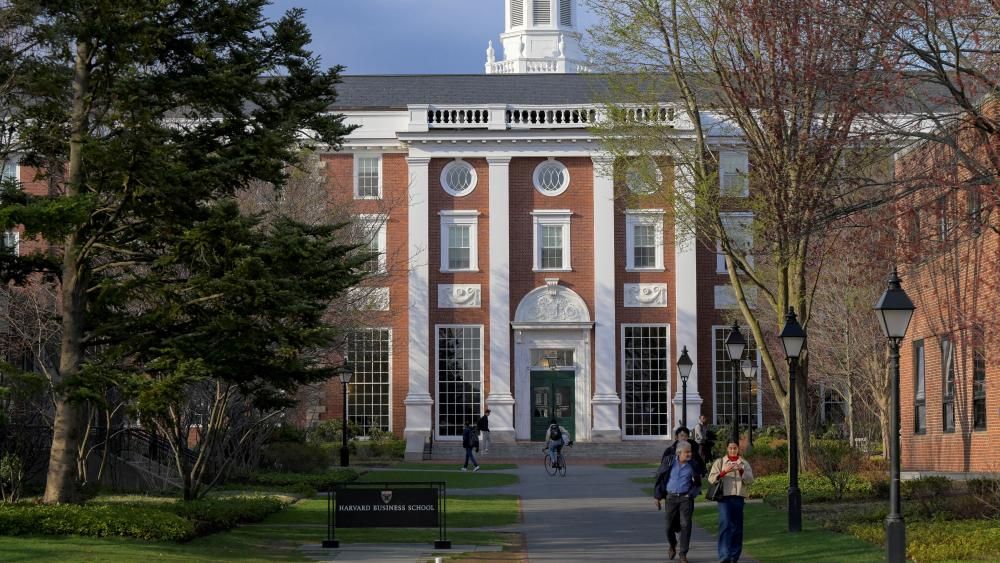
.jpg)
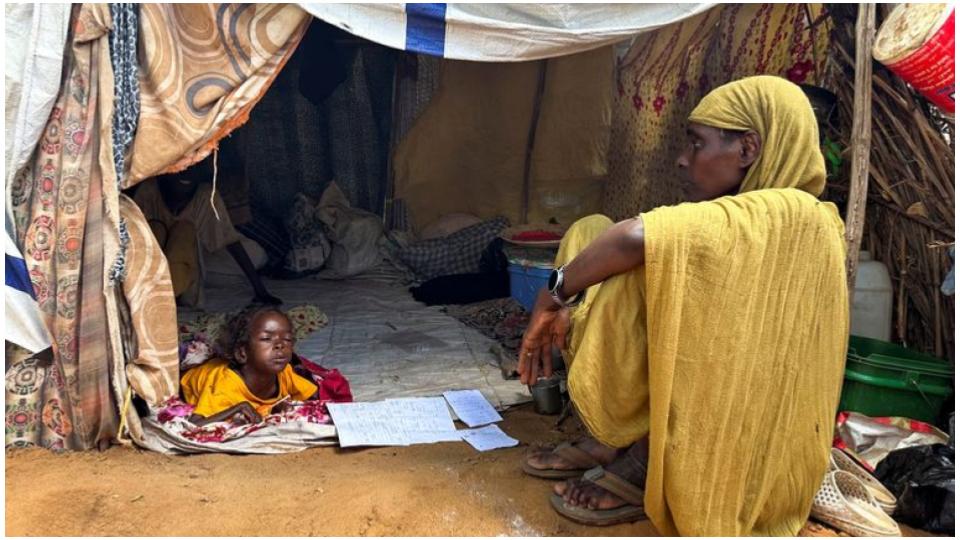

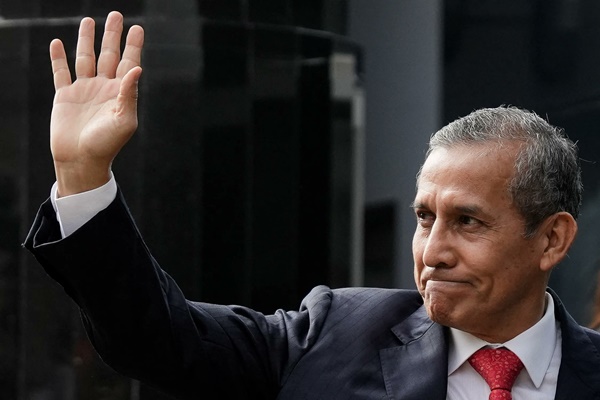

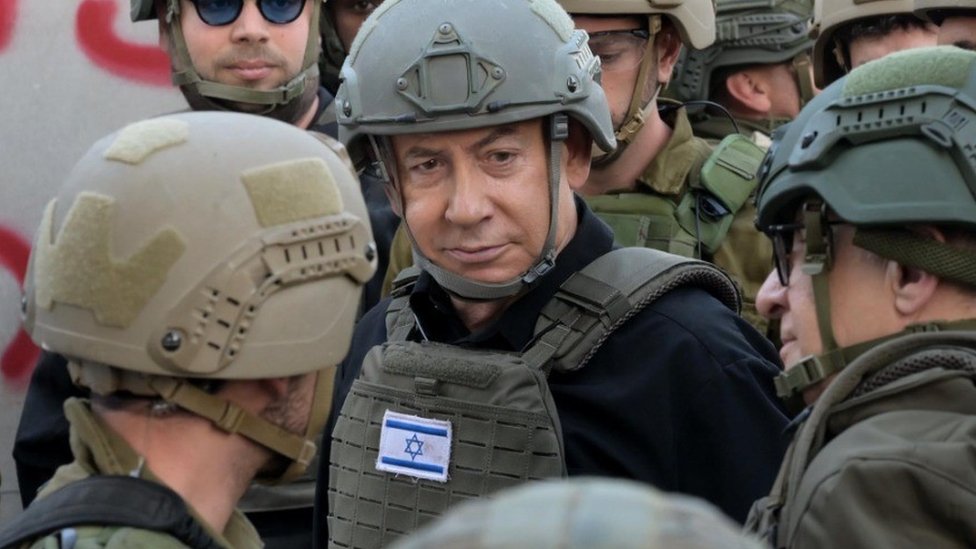
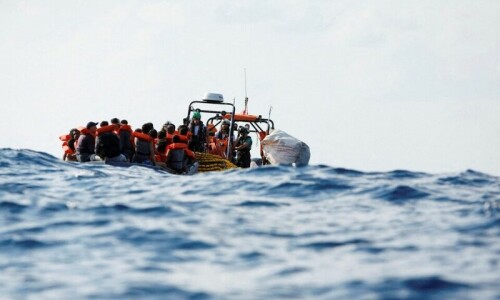

.jpg)
.jpg)
.jpg)






